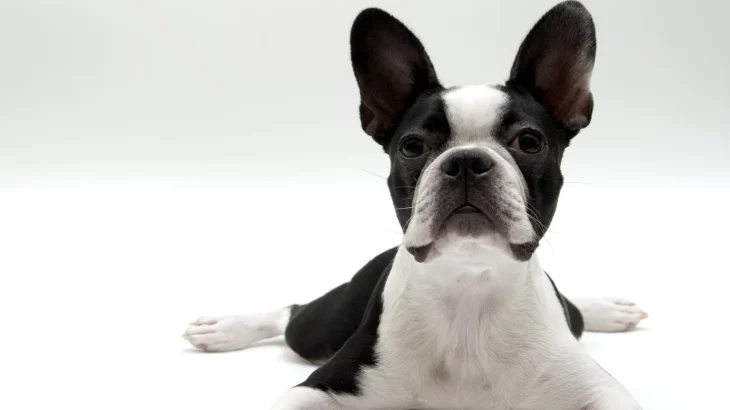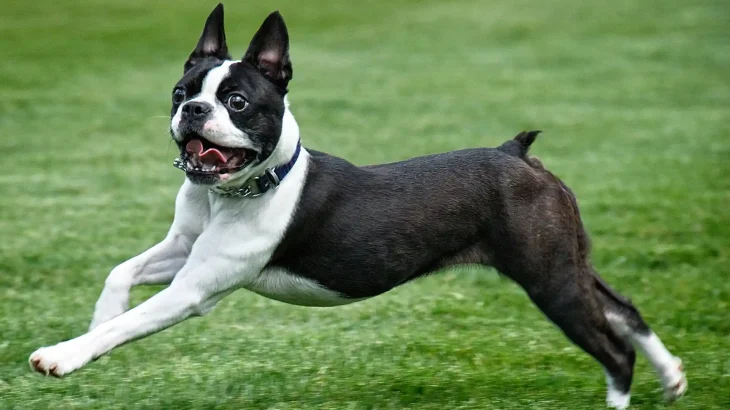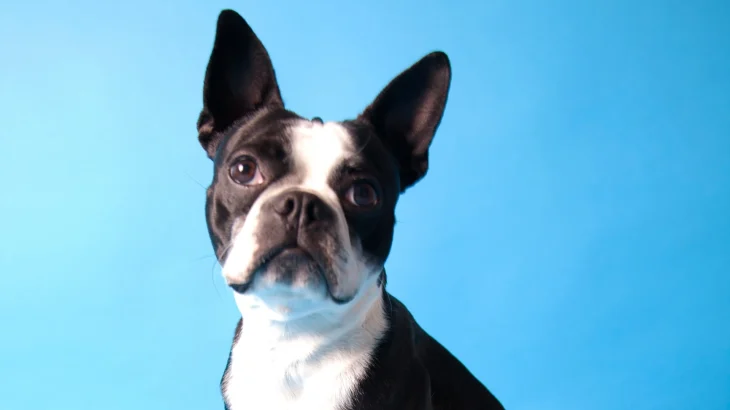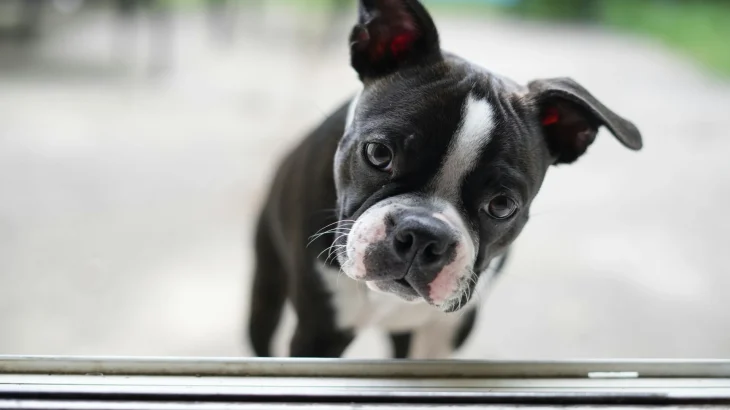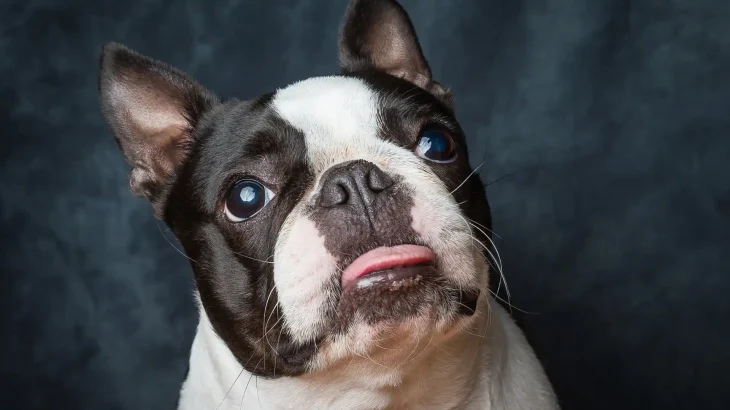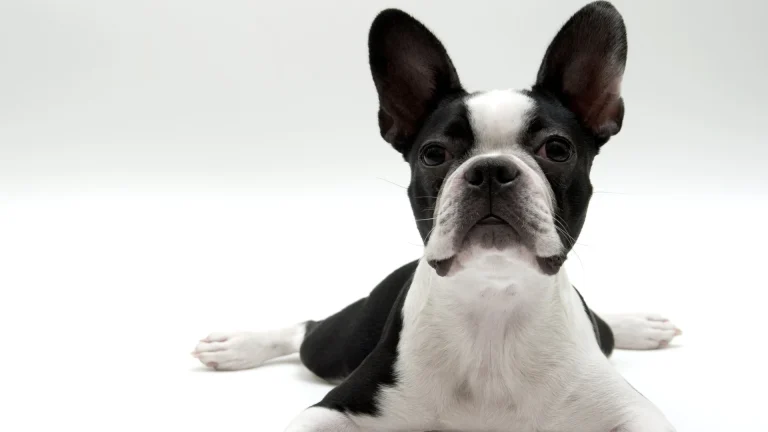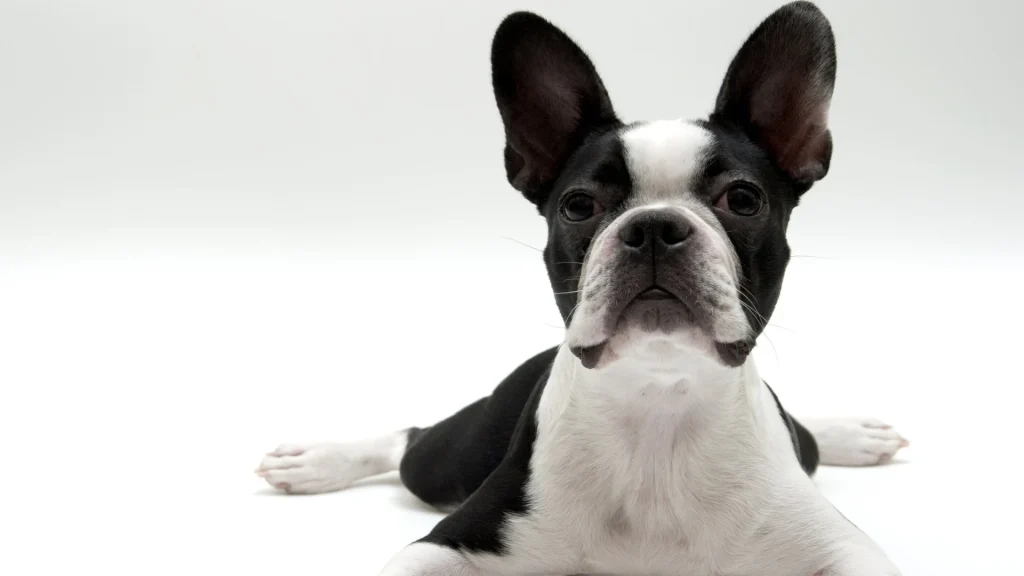When deciding whether to bring a Boston Terrier puppy home, choosing between adoption and buying from a breeder is a key consideration. Adopting offers a chance to save a dog in need, sometimes with limited background details. Purchasing from a breeder typically provides more predictable health and lineage information, which can be important for this breed.
Adoption vs. Breeder: Pros & Cons
| Criteria | Buying from Breeder | Adopting from Shelter/Rescue |
|---|---|---|
| Cost | Generally higher, often between $1,000-$3,000 for Boston Terrier puppies. | Lower adoption fees, usually $100-$300, often including vaccinations and spay/neuter. |
| Health History | Detailed health and genetic screening records are usually provided. | Health history may be incomplete or unknown; shelters perform basic assessments. |
| Age Availability | Usually limited to puppies. | Multiple ages available, including adults and seniors. |
| Temperament Insight | Breeders can offer info on lineage temperament traits specific to Boston Terriers. | Shelters provide observed behavior reports, though full history may be unclear. |
| Supporting Practices | Supports controlled breeding, essential to choose reputable breeders. | Supports animal welfare by providing homes to dogs who need them. |
| Ethical Considerations | Ethical breeders prioritize health and breed standards; risk of supporting irresponsible breeding if not careful. | Adoption helps reduce pet overpopulation and rescues dogs who might otherwise be euthanized. |

